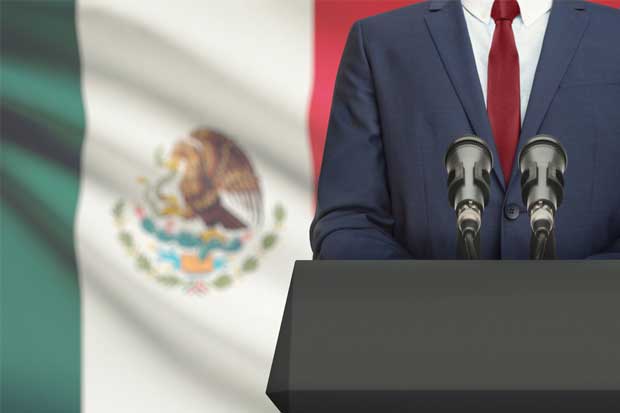Mexico: A surprise president in 2018?
Wednesday, July 26, 2017

For most of last century, there was no point in speculating about a Mexican presidential election.
The ruling Institutional Revolutionary Party, known as the PRI, and the government were one and the same.
Moreover, the president in turn had imperial powers.
He and he alone would choose his successor.
And then, from 1994, the painful birth of democracy emerged, following a series of assassinations an indigenous uprising and the first clear signs of the power of organized crime.
The old electoral system was finally buried in 2000, when Vicente Fox became the first president in seven decades who was not a member of the PRI.
The new system had three main parties: Fox’s pro-business National Action Party, or PAN, the center-left Party of the Democratic Revolution, or PRD, and the PRI, whose ideology has been a bit of everything.
In Mexico, a presidency lasts for six years, and there is no re-election.
Fox was followed in 2006 by Felipe Calderon, also of the PAN, and then came the return of the PRI, with the current president, Enrique Peña Nieto.
In the meanwhile, the economy has largely stagnated, and crime has grown exponentially.
Corruption may have grown also.
Peña is admired by the business community, but at least 80 percent of Mexicans think he is the worst president of the democratic era.
To make matters worse, the tripartite system has burst, just ahead of next year’s election campaign, which will have as many as five candidates in a country that has rejected a run-off system.
Unless some alliances are formed, or some candidates drop out, it may not take much to become Mexico’s president next july.
